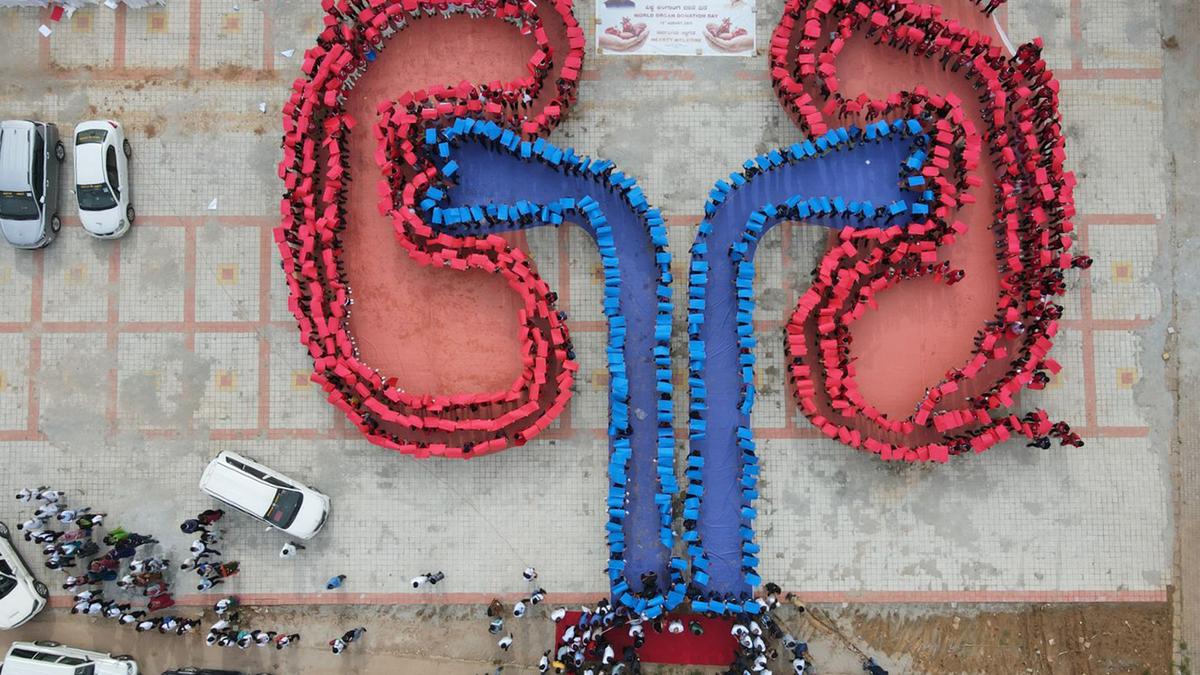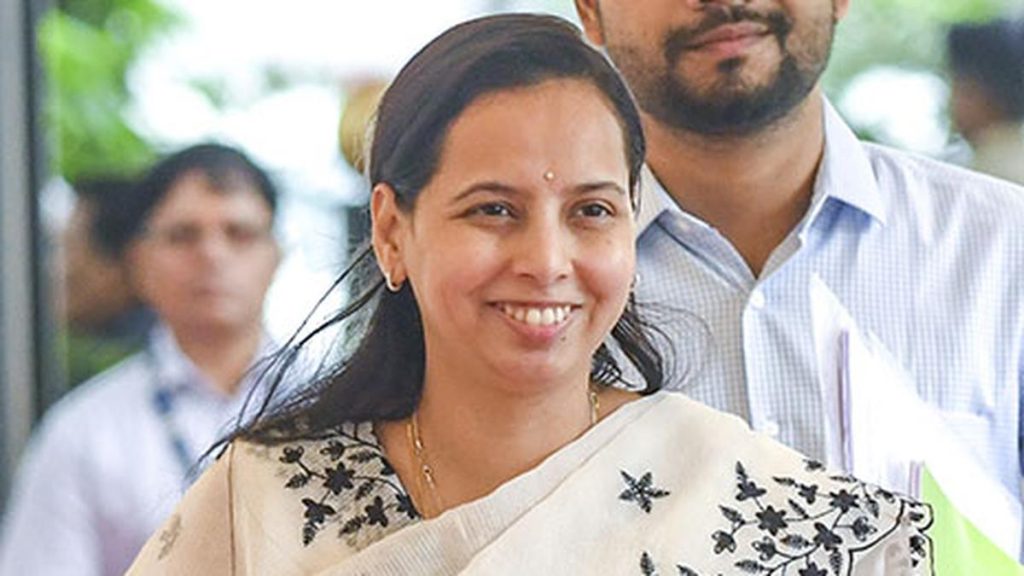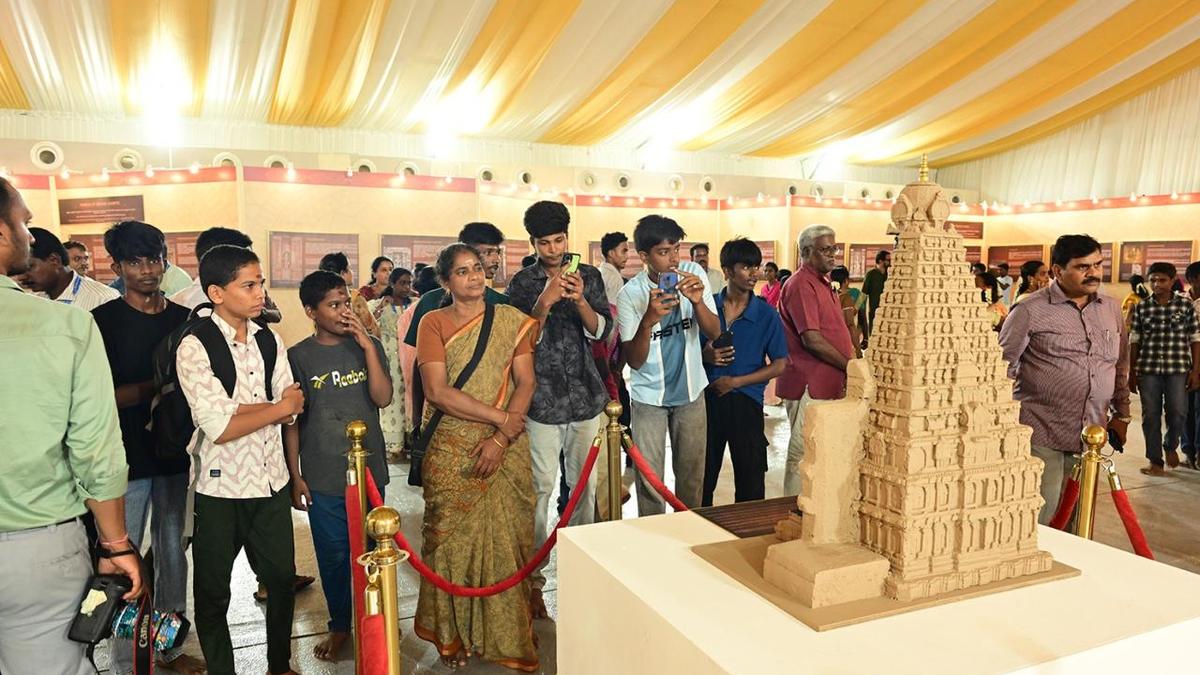Now Reading: Indian Citizen Offers Kidney for Sale Amid Financial Struggles
-
01
Indian Citizen Offers Kidney for Sale Amid Financial Struggles
Indian Citizen Offers Kidney for Sale Amid Financial Struggles

Rapid Summary
- Incident: L. Manikandan*,a 36-year-old construction worker from Namakkal,Tamil Nadu,sold his kidney for ₹5 lakh due to crushing debts amounting to ₹8 lakh caused by low wages and erratic employment.
- Procedure: After undergoing multiple tests at private hospitals across Salem, Vellore, Madurai, and Tiruchi under broker guidance, he falsely claimed before the Authorisation Committee that he was donating his kidney to an uncle. He received ₹4.50 lakh rather of the promised amount.
- impact on Health & Finances: Post-surgery in December 2024, Manikandan experienced prolonged health issues and reduced work capacity while barely clearing debts with the payment received.
- Investigation & Action: The Directorate of Medical Services (DMS) suspended kidney transplant licences of Dhanalakshmi Srinivasan Medical College in Perambalur and Cethar Hospital in Tiruchi after finding evidence of illegal organ trade targeting powerloom workers from Namakkal’s Pallipalayam area.
- Historical Context: Tamil Nadu has faced recurring organ trade incidents over decades despite efforts like the Cadaver Transplant Program launched in 2008. A survey in Chennai earlier revealed donors often entered deeper poverty post-kidney donation.
- Legal Loopholes & Accountability Issues: Experts cite flaws within regulatory processes under THOTA (1994), such as ambiguous provisions surrounding “affection” for unrelated donations. Concerns exist over insufficient inspections by authorities and small hospitals ill-equipped for ethical transplants.
Indian Opinion Analysis
The latest revelations from Namakkal expose deep-rooted vulnerabilities perpetuated by poverty among marginalized groups like powerloom workers. Organ trade emerges as a desperate survival tactic wherein individuals gamble their health against crushing debt cycles amplified by unregulated microfinance practices.
While Tamil Nadu’s deceased donor transplant model is celebrated globally for its transparency and efficacy, living donor transplants stand marred by exploitation facilitated through criminal networks exploiting legal loopholes under Section 9(3) of THOTA-allowing unrelated donations based on loosely defined “affection.” This accountability gap between hospitals and authorizing committees further endangers poor donors who unknowingly sacrifice long-term financial stability alongside health.
A robust response would involve enhanced surveillance mechanisms within both public systems governing transplants while reining microcredit providers tracked specifically targeting vulnerable communities struggling economically across powerloom sectors. Obvious regulations are urgent amid critical discussions around defining relationships under compassionate care standards elevated onto self-reliant advocacy protections alongside regular institutional checks safeguarding integrity-moving mutual national progress without system abuse undermining societal dignity anchored judicial foresight structurally reinforcing meditative ethical operations equitably below foundational higher continuous human advancement respecting service legacy equally throughout reflective constituencies honestly fair principles universally gold contextual follow steadfast reforms drivers empowering transparent movement integrative roots locally globally expanding baseline outcome proportions gravely concerned safeguarding must earnest duty stricter system fight ongoing trust better tomorrow lasting pathways permanent innovation envisioned brighter India’s transformative equity.[Image source]























